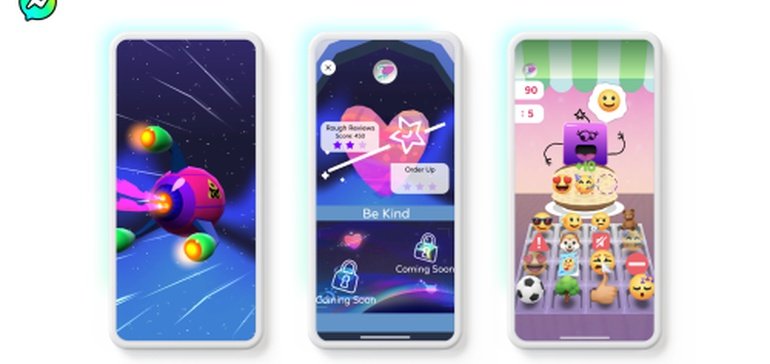SOCIAL
Messenger Kids Launches New Digital Literacy Initiative to Better Educate Youngsters on Key Risks

Meta is looking to educate kids on key elements of digital literacy and safe online behavior as part of a new program in Messenger Kids, which will help youngsters learn about avoiding harmful actions and protecting themselves online, among other elements.
As explained by Messenger:
“Today, we’re excited to announce the launch of ‘Pledge Planets’, an interactive, in-app activity that will help kids learn and practice how to make healthy online decisions, stay safe and build resilience. Kids will explore different planets based on the tenets of the Messenger Kids Pledge, helping characters navigate various social situations and make decisions that lead to positive outcomes. By completing the games in each episode, kids will see that their kind, respectful, safe and fun actions have a big impact on those around them.”
The Messenger Kids Pledge, originally published in 2018, focuses on the core tenets of using the app:

The new games have been built around these elements, to educate users on what they actually mean in practice, by providing examples of negative actions, and behavior that goes against these rules, in order to highlight what they should both avoid, and report in extreme cases.
The first two games in the initiative focus on negative actions and understanding other users’ actions in social apps.
- Rough Reviews: The sandwich shop has a website where customers can leave comments about their experiences. Players must help the owner read through the reviews and match the correct online response to each one. In doing so, kids will learn to recognize kind and unkind behavior and become familiar with tools like blocking and reporting. The game also provides an option to “relax” and pause the game for a few seconds in exchange for bonus time later, which can help kids learn that it’s okay to take time to think before offering a response.
- Order Up: Customers approach the counter to order a sandwich. In building each one, players must select the emojis that best respond to the customer’s mood. This uses empathy to teach kids how to read and react to various emotional states of people online.
The games were developed in partnership with a range of adolescent health experts and advisors, in order to ensure that they cover off on the key educational aspects that kids need to get a better understanding of negative behaviors, and interacting in a healthy and beneficial way.
It’s a good initiative, and while some will still balk at the idea of Meta providing education for kids, or having their children use Messenger Kids at all, digital literacy is now a key area of development that all youngsters need to learn, given the amount of time they now spend online in varying forms.
That’s become even more pronounced as a result of the pandemic, within which, online connection has been the only form of social interaction that many youngsters have had. A lot of kids now spend the majority of their recreational time online, and as VR becomes a bigger element, and indeed, the metaverse in a broader push, that’s only likely to increase. Add in the increasing work from home shift, and it’s clear that kids need to understand, from a young age, the key elements of safe and accountable online behavior.
You may not want this info coming from Meta, but somebody needs to fill the void. And while many teachers have now built digital literacy education into their own curriculum, we still lack a standardized, up to date structure for teaching kids these key lessons.
As such, this could end up being a valuable new initiative, and with millions of young people now connecting in the app, Messenger Kids could be a key platform for such education.
Source link

















You must be logged in to post a comment Login